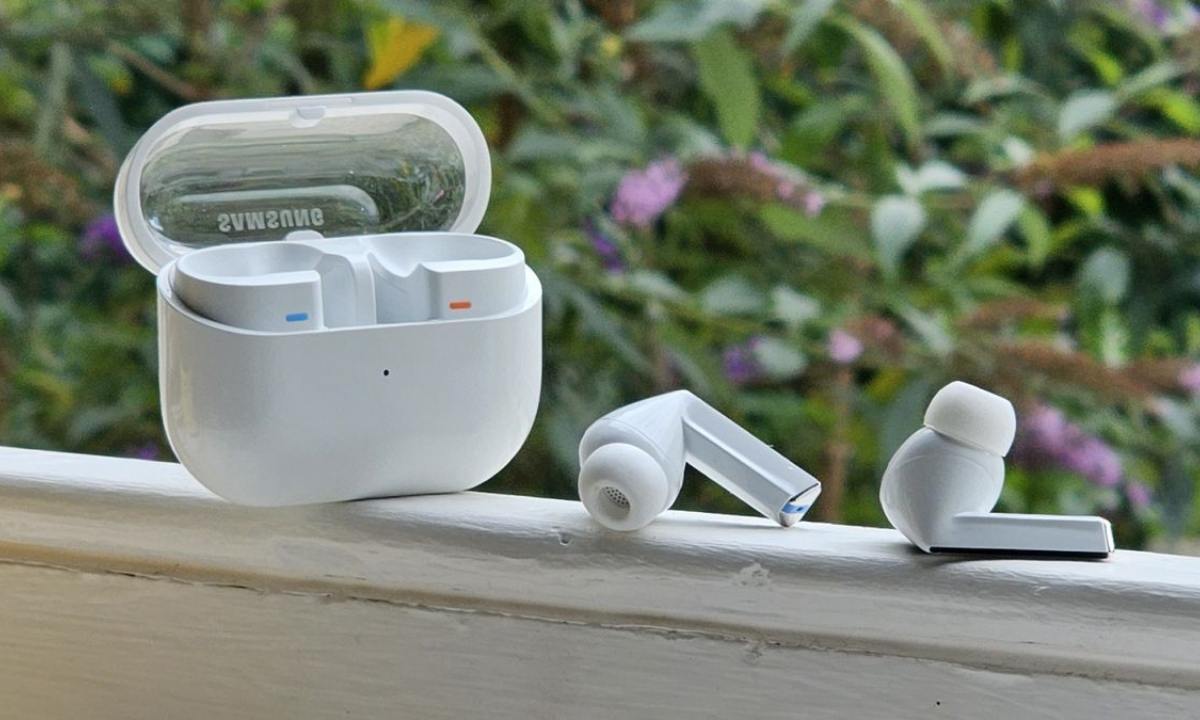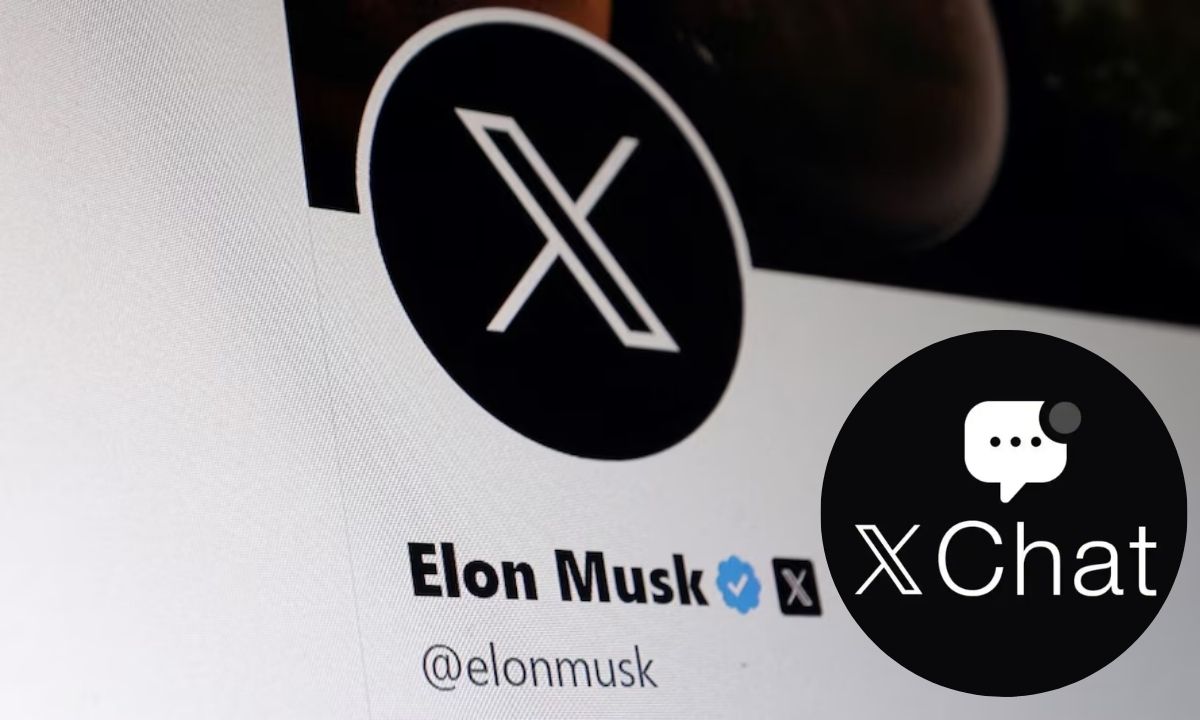Finally, something new that’s not just another pricey phone! The latest buzz is that Samsung has applied for a patent for earbuds that use Ultra-Wideband (UWB) to send audio. Yes, the same UWB technology that helps cars unlock and tracks AirTags could also be used for audio. Could Bluetooth soon be out of the picture for Samsung?
A trusted source, 91mobiles, discovered this patent filed with the U.S. Patent and Trademark Office (USPTO) this week. It’s for earbuds that use UWB for audio transmission. Bluetooth will still be used to pair the devices, but once the second earbud connects, UWB takes over for all audio data processing.
Samsung often files patents to stay ahead of competitors who may be working on similar tech, but patents don’t always lead to real products. Still, recent trends suggest this one might be different.
UWB audio technology is relatively new but has been gaining popularity over the past few years. Unlike Bluetooth, which loses some audio quality, UWB is higher quality and works in a higher frequency range (6.5-9 GHz) compared to Bluetooth’s 2.4 GHz. This allows for faster data transfer and fewer skips in audio playback. UWB can also transfer data up to 25 meters (about 70 feet), far more than Bluetooth’s 10 meters (about 30 feet). However, UWB can be blocked by obstacles, but if you’re close to the source, the audio quality is much better.
If Samsung moves to full UWB support, it could appear in future versions of its Galaxy Buds Pro. The company made big changes to its earbuds last year, going for a stemmed design rather than the bean-shaped look. While the Galaxy Buds 3 Pro were a favorite for 2024, it would be a bold move for Samsung to fully switch to UWB over Bluetooth. While UWB isn’t yet common in most smartphones, it could be a game-changer for future audio tech.






